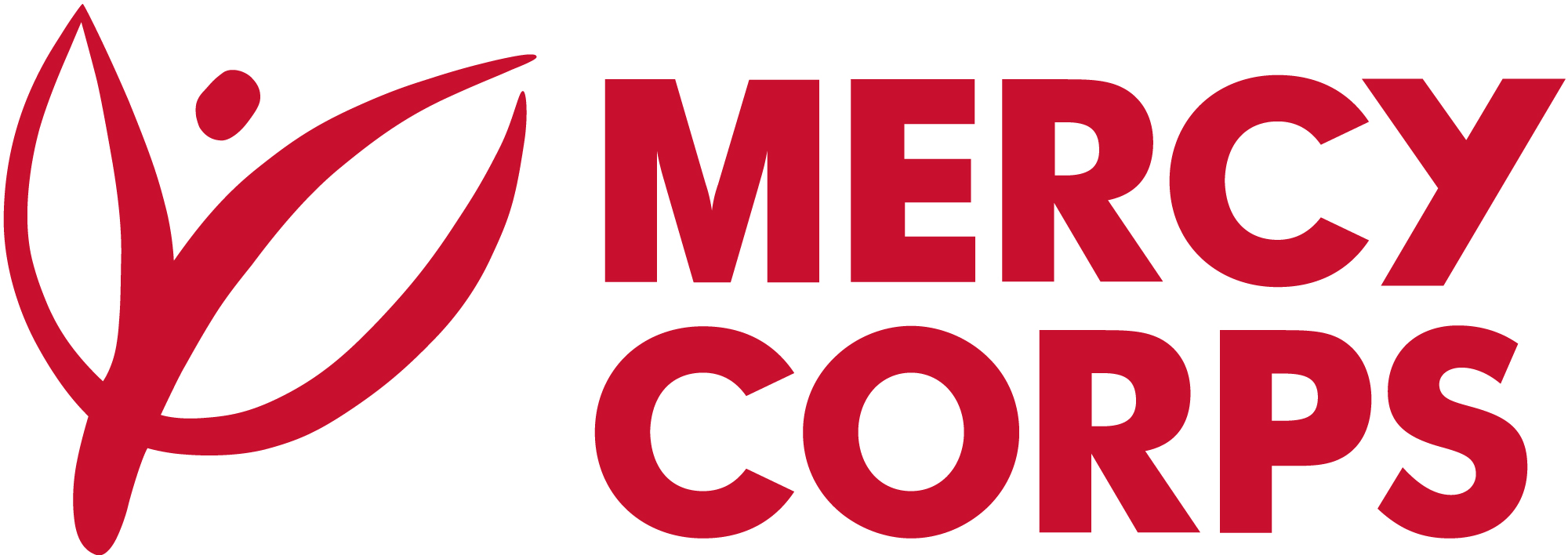Key Takeaways:
- For the third time, Lebanon’s parliament has voted to postpone municipal elections, extending the mandates of mukhtars and municipal councils until May 2025. The ongoing cross-border conflict between Hezbollah and the Israeli military was cited as the reason for the delay.
- Israel and Hezbollah continued their escalatory tit-for-tat operations throughout April as both sides targeted areas farther from the border than they had in previous months. These included several strikes by Israeli forces in the Bekaa Valley.
- The murder of Lebanese Forces official and political coordinator Pascal Sleiman was followed by a nationwide string of attacks on Syrian nationals, and renewed calls by politicians for Syrian refugees to be returned to their home country. These tensions come amid calls for Lebanon to cooperate with the United Nations High Commissioner for Refugees on safe and voluntary returns, and concerns raised by Human Rights Watch regarding Lebanon’s treatment of refugees.
- The president of Lebanon’s National Social Security Fund expressed concern that contributions based on the recently increased minimum wage are insufficient to restore the fund’s pre-crisis capacity. He estimated a significant revenue shortfall and called for stricter enforcement measures to ensure accurate payroll reporting by private businesses.
- The International Monetary Fund announced that it will fund a safeguard assessment of the Central Bank, in a bid to strengthen the Bank’s oversight of commercial banks, ensure proper IMF data reporting, and manage financial assistance to Lebanon.
- Following several appeals by opposition parties, the Constitutional Council suspended eight articles of the 2024 Budget. The Council found that these articles lacked implementation details or deviated from established budgetary principles.
By Crisis Analytics Team, Mercy Corps Lebanon



